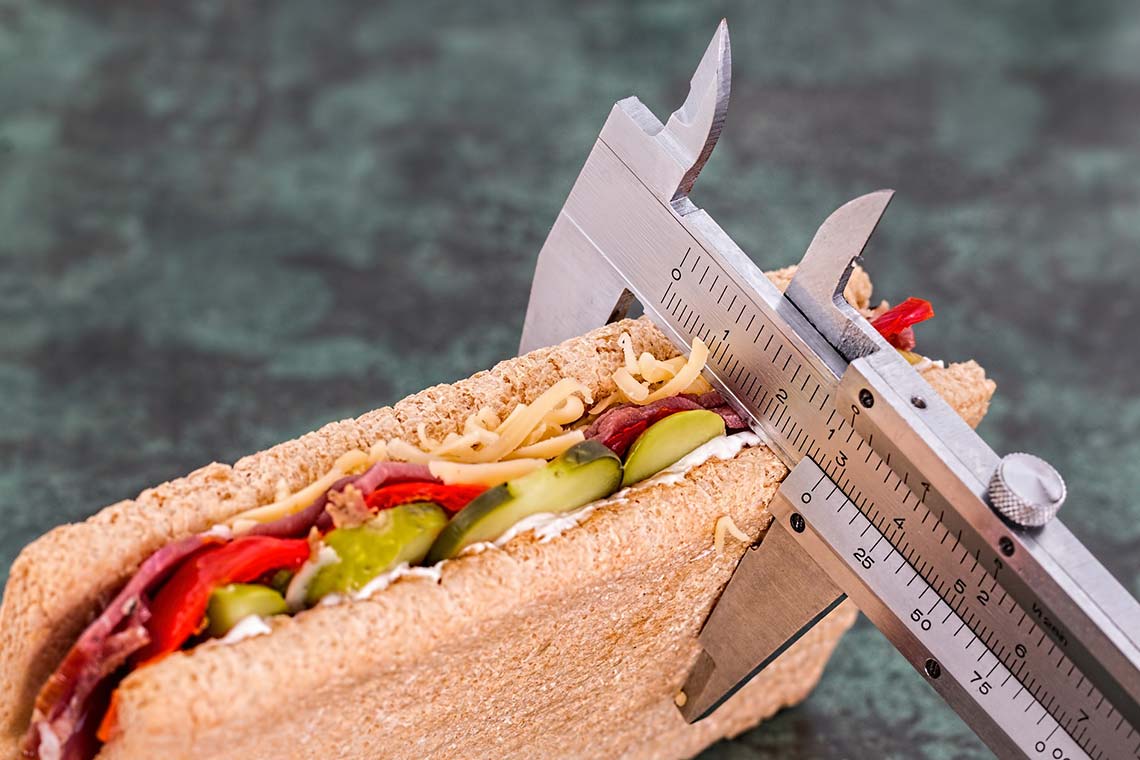10 Quick Tips!
1. Don’t let yourself get hungry, mostly we starve ourselves of foods but this just engages the fasting mechanism. Fix it – eat, but nutritious, low GI foods, grainy breads, fruits, veggies, yoghurt and nuts, seed mix etc. Don’t deprive yourself of food, just stay away from the bad stuff. Sugar is the enemy, white carbs, crisps, rice cakes and the like. Eat low GI foods to ensure a slow release of insulin to control your blood sugar levels. Useful information can be found here http://www.glycemicindex.com/;
2. Remember to eat breakfast. Be careful of commercial breakfast cereals as they can be very high in sugar (high is +15g per 100g). Opt for a grainy bread, eggs and spinach, Toast and peanut butter, oats, etc. If you can’t eat straight away, try to leave some low GI bread at the office and have your brekkie there (of course, be early to work!);
3. Make it a mindset and a planned effort to lose 10% of your body weight, this will give you substantial cardiovascular health benefits. A well planned diet and exercise program works wonders but you need to make an effort to do it, the more you plan your meals, the better your health and body weight will be.
4. Eat a diet low in saturated and transfats – your body does not require saturated or transfat to function. Leave it behind.
5. Make sure you exercise everyday and include substantial weight bearing exercise. Take a local class, commit to some personal training sessions or buy some DVDs and weights. Exercise should be built into your life every-day, as a routine task.
6. Eat protein with every meal, but keep it to a small portion, you only require 1g/1kg of protein (if you are 65kg then you require only 65g of protein per day), doesn’t sound much does it? Remember that any nutrient you consume in excess gets stored as fat, this includes protein. So unless you are body building or an athlete, try to stay close to that amount of protein per day.
7. Base your meals around small amounts of protein, legumes, vegetables, fruits, nuts and seeds.
8. Avoid anything with an artificial sweetener in it, it is known to change your appetite, give you false hunger.
9. Your diet should contain, 20-25% good fats, 20-30% protein, 50-60% carbs. (non-white carbs)
10. Be active everyday, think about food as fuel, consider a long term commitment to your health and weight plan.
Things to remember:
At least 50% of the Australian population are overweight or obese.
23% of Australian children are overweight or obese
$1.2 Billion Dollars are spent each year in the Australian Medical System due to weight related conditions.
For more information or a personalised meal plan and training program, please contact us.
Angie Hazell is a Certified Nutrition Coach and Personal Trainer. Angie and her team provide services in the areas in and around Subiaco, Wembley, Mt Hawthorn, Mt Lawley, Joondanna and Balcatta.

